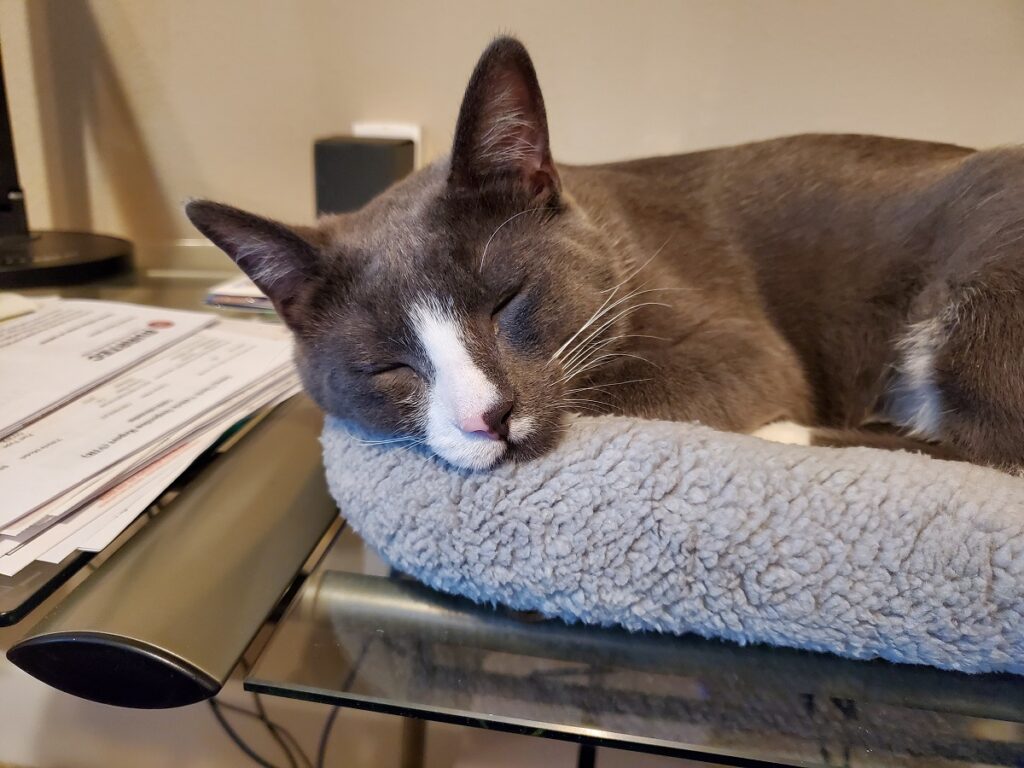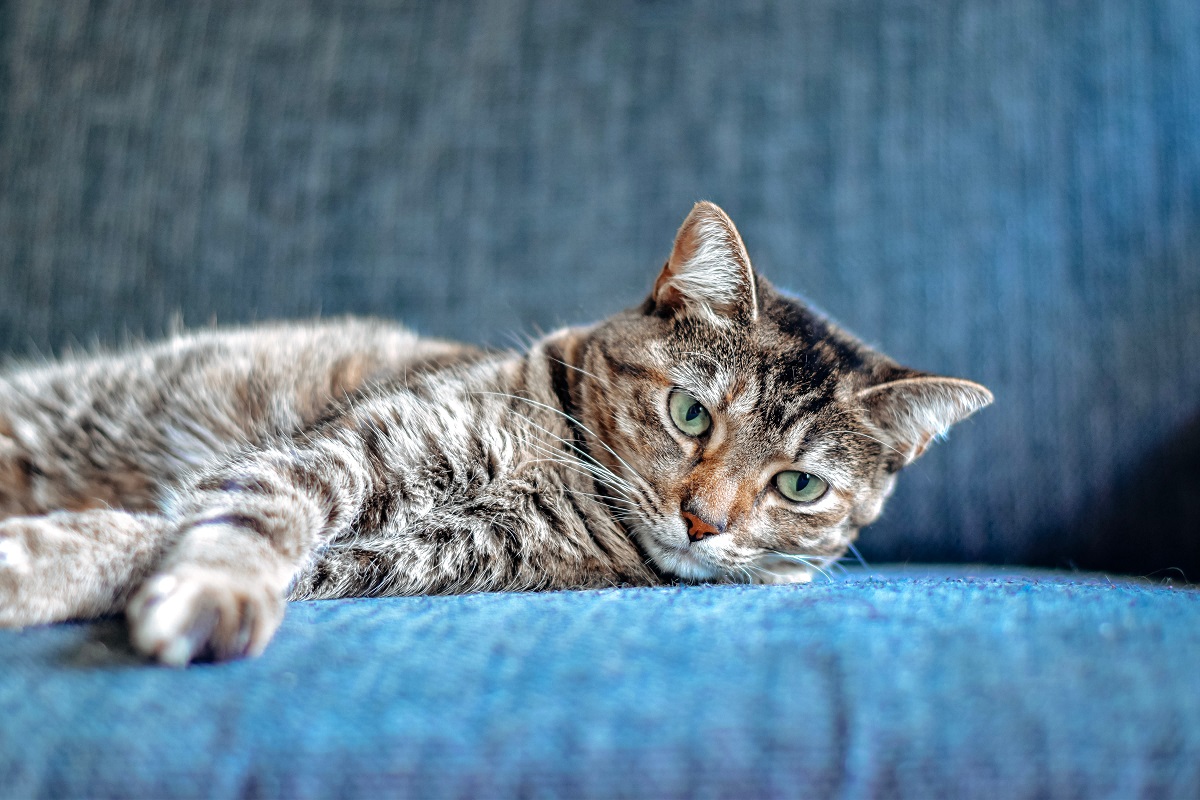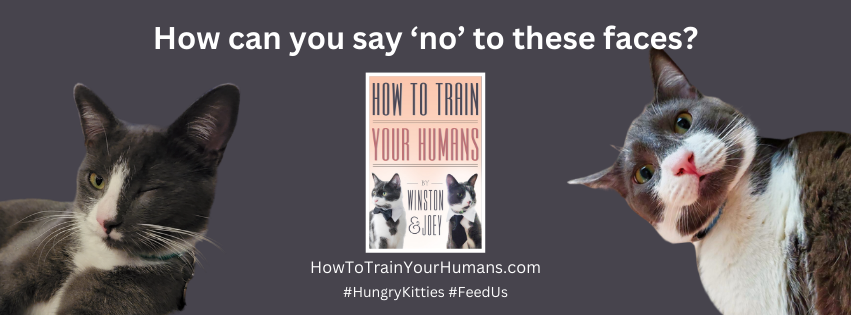Cats are famously mysterious. They can nap for 16 hours a day, vanish into thin air, or stare at you like they are plotting world domination. But behind all that fluff and aloof charm, cats are also masters of hiding pain or illness. It is not because they are dramatic, but because their instincts tell them to mask weakness. That means by the time your cat is obviously sick, things might already be serious.
As a cat parent, the key is to notice the small stuff. The everyday changes in mood, movement, or litter box behavior can be your cat’s quiet way of saying, “Hey, something is not right.”
Here are 15 signs your cat might be crying for help and what those signals could mean.
1. Sudden Hiding
Sure, cats love alone time. But if your usually social cat is suddenly spending all day under the bed, they could be experiencing stress, pain, or illness. Watch for any patterns or changes in their preferred hiding spots.
2. Changes in Appetite
Skipping one meal might be no big deal. But refusing food for more than a day or acting ravenous out of nowhere could signal anything from dental issues to metabolic problems. Kittens especially should never go long without eating.
3. Vomiting or Diarrhea
A hairball here or there is fine. But if your cat is vomiting frequently or has persistent diarrhea, that is a red flag. Dehydration can happen quickly, so always monitor litter box changes and call your vet if things get messy.
4. Unexplained Weight Loss or Gain
If your cat feels lighter when you pick them up or you notice their shape changing, do not ignore it. Unintentional weight changes can signal thyroid disease, diabetes, or more serious underlying conditions.
5. Increased Vocalization
Some cats are naturally chatty. But if your quiet cat starts yowling, crying at night, or meowing constantly, it could be pain, confusion, or anxiety. Excessive vocalizing is especially concerning in older cats.
6. Limping or Stiffness
Whether it is a soft limp or slow walking, changes in movement can indicate injury, arthritis, or joint issues. Cats will often try to tough it out, but if you see them avoiding stairs or jumping less, it is time for a checkup.
7. Changes in Grooming Habits
Cats are usually fastidious groomers. If your cat stops grooming or starts overgrooming to the point of bald spots, something is off. It could be pain, skin irritation, or even emotional distress.
Related read: Why That Fresh Minty Scent Could Be Dangerous for Your Cat.
8. Litter Box Trouble
Urinating outside the litter box, straining to go, or not going at all could be signs of urinary tract infections, kidney problems, or blockages. This is especially urgent in male cats. Do not wait it out. Call the vet.
9. Bad Breath
A little fishy breath after dinner is one thing. But if your cat’s breath is sour, metallic, or just foul, it could point to dental disease or internal illness. Regular dental care is not just about white teeth. It is about whole-body health.
10. Changes in Eyes or Vision
Squinting, cloudiness, excessive tearing, or changes in pupil size are all worth checking out. These symptoms could relate to infections, trauma, or even neurological problems.
11. Unusual Lumps or Swelling
If you feel a lump under your cat’s skin that was not there before, do not ignore it. Not all bumps are serious, but some can be tumors, cysts, or abscesses that require veterinary attention.
12. Rapid Breathing or Wheezing
If your cat is breathing fast at rest, panting, or making unusual respiratory sounds, it could signal heart or lung issues. This is not something to “wait and see.” Breathing trouble should be treated as an emergency.

Dear Joey, sometime in the future, you’re going to have a day when you just feel awful. And not like an “I ate too many kitty treats” awful, but like an “I’m going to curl up and die” kind of awful. I’m just warning you now, when you try to tell the humans, don’t expect them to come running. You may have to leave a nice big pile of barf on the rug to get their attention. I mean, I know they try, but they are just humans after all. #SickKitties #SlowHumans #NothingSaysI’mSickLikeVomitOnTheRug
Winston
13. Disorientation or Behavior Changes
Walking into walls, staring into space, or sudden aggression can point to neurological issues or cognitive decline. Sudden confusion in older cats may be a sign of feline dementia or other health problems.
14. Excessive Drinking or Urination
If your cat is draining the water bowl or filling the litter box more than usual, it could be a sign of diabetes, kidney disease, or thyroid imbalance. These symptoms often show up before a diagnosis, so act quickly.
15. Shaking, Trembling, or Seizures
Any type of uncontrolled shaking or twitching is cause for concern. It could be due to toxins, epilepsy, fever, or organ dysfunction. Keep your cat safe and call the vet immediately if this happens.
Final Thoughts: Listen to the Little Signs
Cats may not speak our language, but they are always communicating. Often, the signs that something is wrong are subtle, easy to miss, or dismissed as quirky behavior. But your cat is counting on you to notice when something is off.
Trust your gut. If your cat seems different in any way, it is better to be cautious. A quick checkup could prevent a much bigger issue down the line.
They might act cool and collected, but when your cat is crying for help, they need you to hear them loud and clear.
Sources:
Signs Your Cat Is Sick https://www.aspca.org/pet-care/cat-care/common-cat-behavior-issues
When to Worry About Cat Behavior Changes https://www.vet.cornell.edu/departments-centers-and-institutes/cornell-feline-health-center/health-information/feline-health-topics
Understanding Feline Illness https://vcahospitals.com/know-your-pet/signs-of-illness-in-cats
What to Do If Your Cat Acts Strangely https://www.humanesociety.org/resources/signs-sick-cat
Recent Posts
Explore why cats sleep so much, including the evolutionary reasons and the health benefits they derive from their extensive sleep patterns.
Explore the causes of cat dandruff, its implications, and effective ways to deal with it so your feline friend remains happy and healthy.


